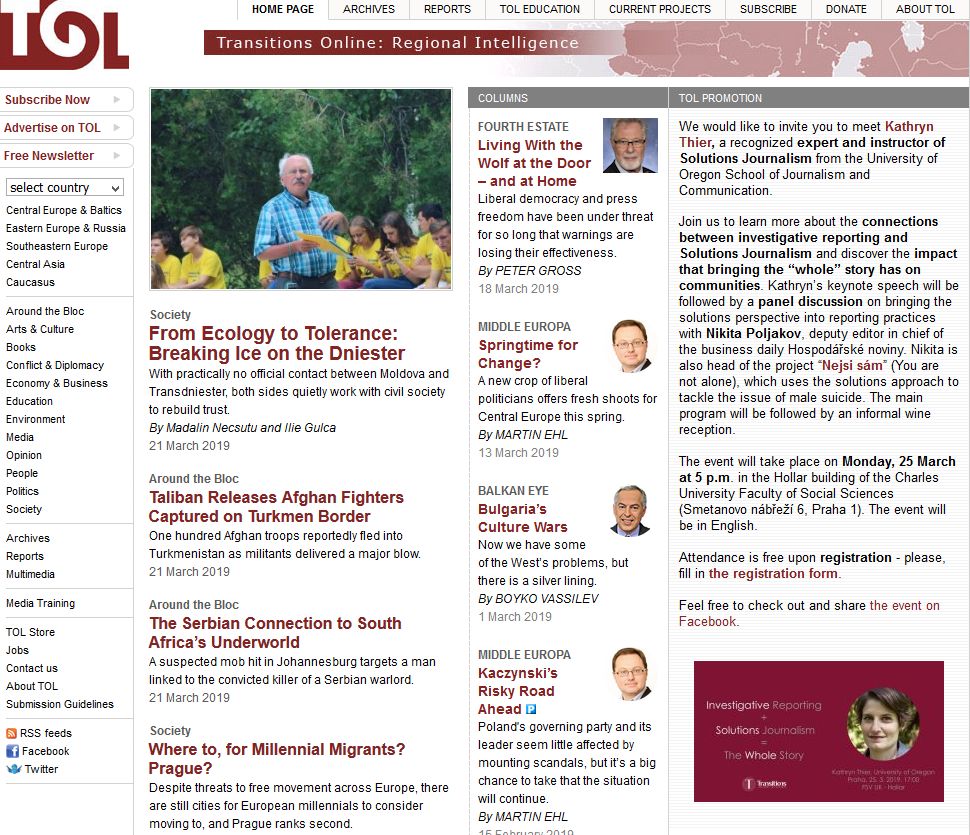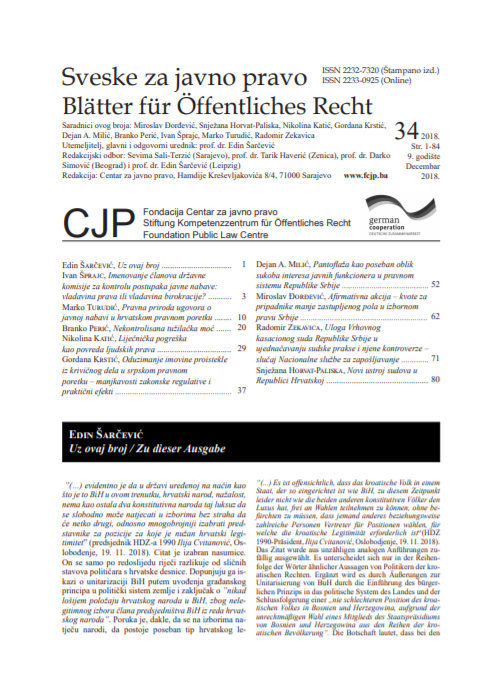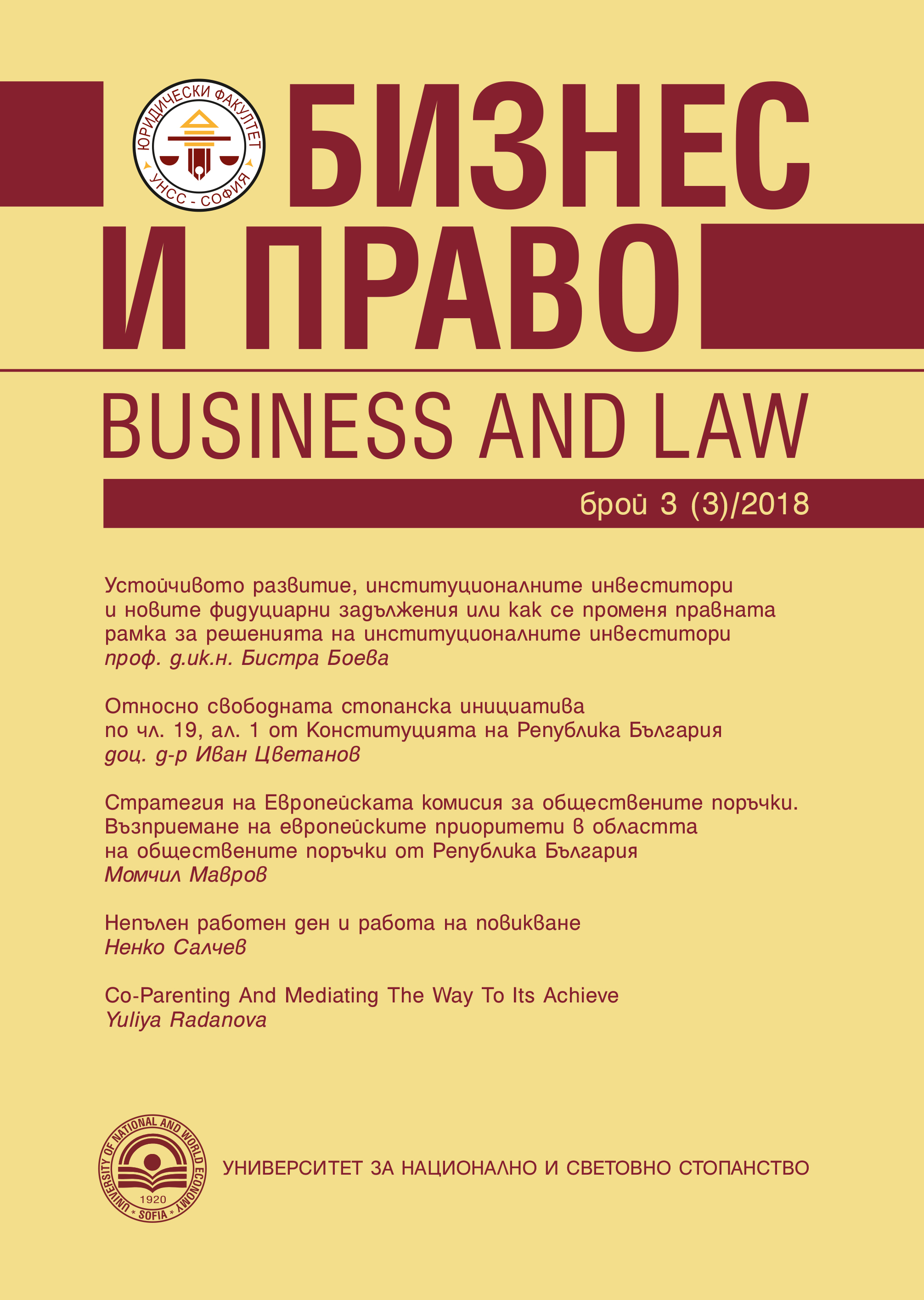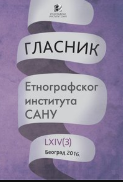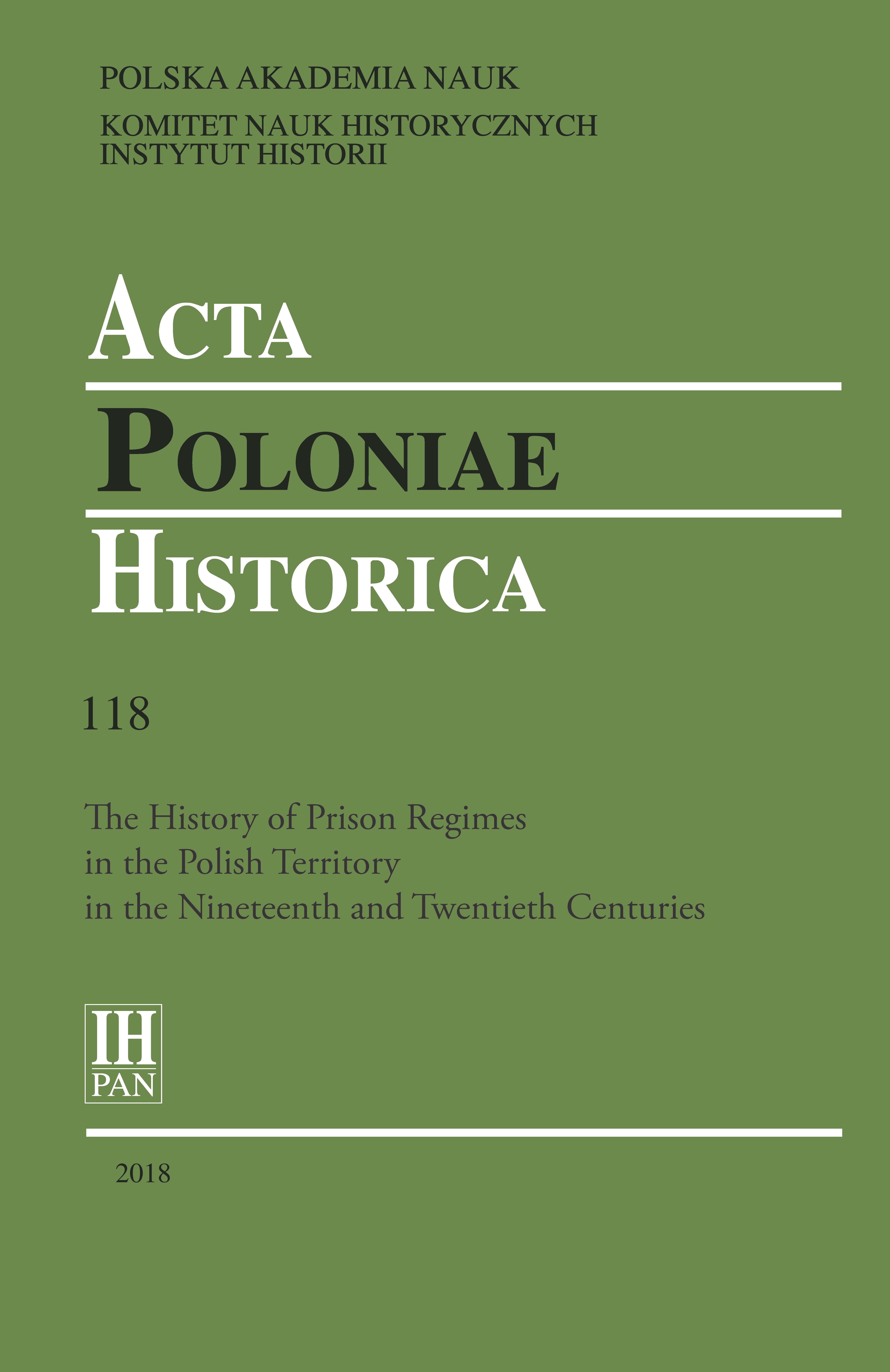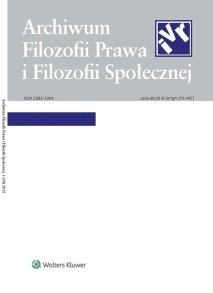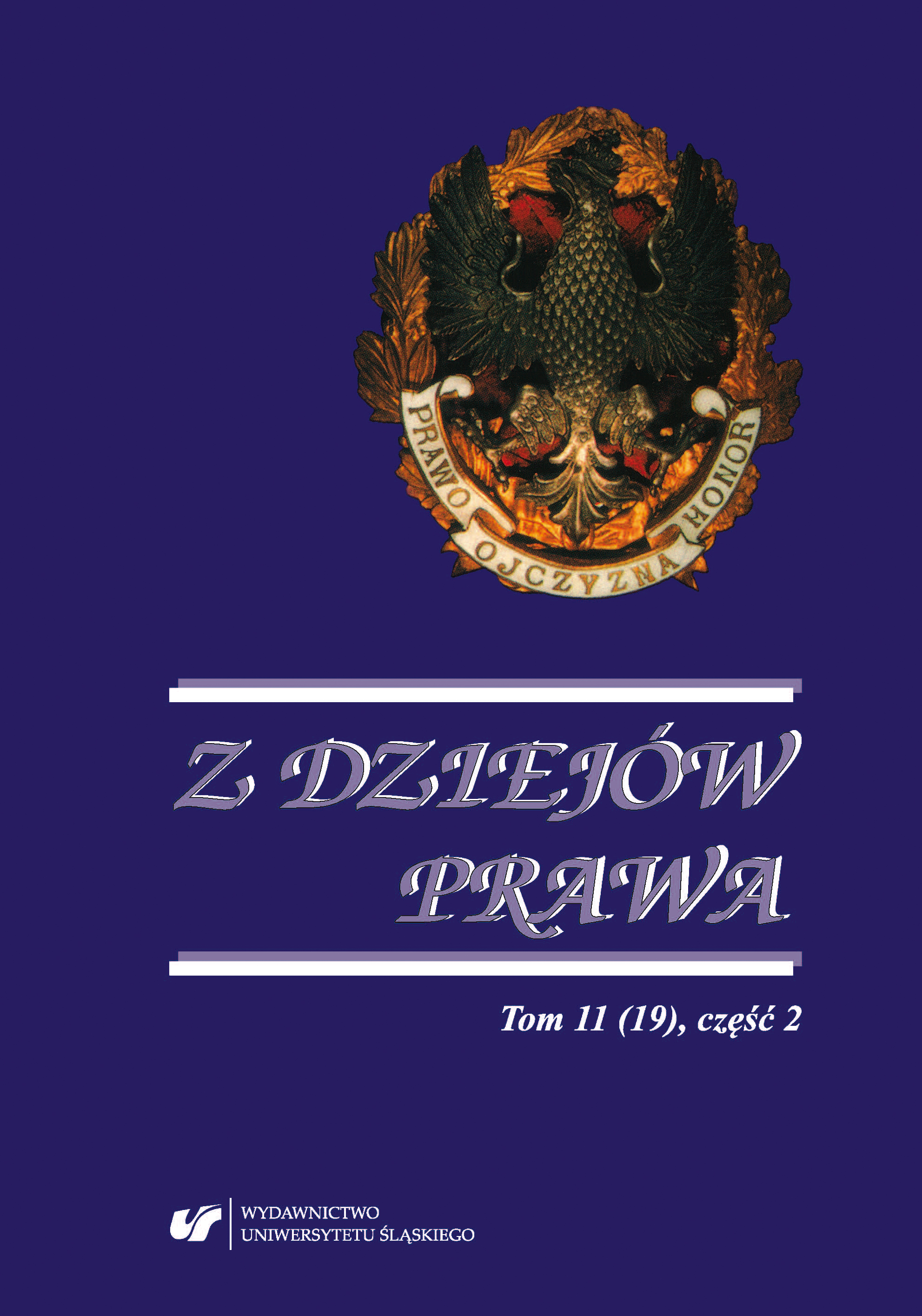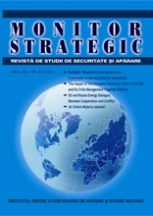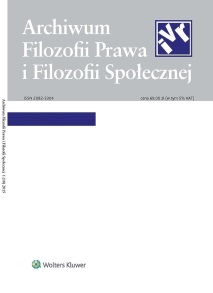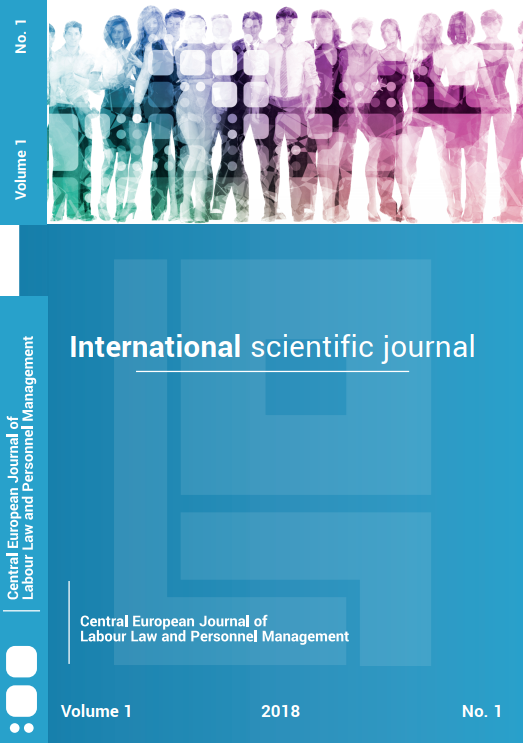Author(s): Mateusz Rodak / Language(s): English
Issue: 118/2018
The officer core of the Prison Guard (Straż Więzienna, SW), a formation established only as late as 1932, emerged from the narrow circle of persons associated with the Prison Section, which emerged in 1918. Its membership consisted of a small cadre of Polish guards who had gained experience in prisons controlled by the occupying powers. Unless they had worked in prisons before 1918, the rank-andfile of the SW consisted of demobilised and/or retired soldiers as well as of would-be or ex-policemen. ‘Street people’ in many cases, they treated the work as temporary or took it up as an easy job. The reality they faced on the other side of the wall quickly verified their convictions about the task they had accepted. As a result, the ranks of the SW were given to heavy rotation, evident up to 1939. Employees of the interwar prison system did not enjoy much public regard; for some, leaving the army to become a prison guard felt like social degradation. Aside from a few minor exceptions – such as prison breaks, stories of convict abuse – this peculiar group of workers was generally absent from the public narrative of the re-established state. Naturally, its problems were debated among experts, but these debates did not seep into the press as often as those concerning the police. For many years after 1918, the SW continued to be perceived through the nineteenthcentury image of the guard as watchman, a personification of the oppressive partition governments. SW functionaries associated with the labour union established in 1932 as well as the Przegląd Więziennictwa Polskiego (Polish Penal Review) magazine took up the daunting task of improving that image.The article provides an analysis of their efforts, attempting a response whether their goals were achieved, at least to a degree. My focus is on the public perception of the formation, while I also try to establish whether its foundation and development was perceived as a success (as was the case, for instance, with the police). My interests, however, are not limited to the media and public image of the SW corps, but also include the conditions under which its members laboured. In this context, I am particularly interested in the realities of the prison corridor; in the article, I attempt to describe the tenor of the relations between guards and prisoners in contemporary prisons (especially the prevailing aggression). Finally, I pursue a reconstruction of the image/s of the SW created by convicts, with particular focus on the significance of the change associated with the year 1918.My analysis leads to somewhat pessimistic conclusions. The major changes involved in the professionalization of the cadres and partial implementation of the prison reform that also affected the SW do not appear to have been satisfactory. Attempts to dismantle stereotypes of the guards could only achieve limited success, and the SW remained a formation of thoroughly dubious quality.
More...

